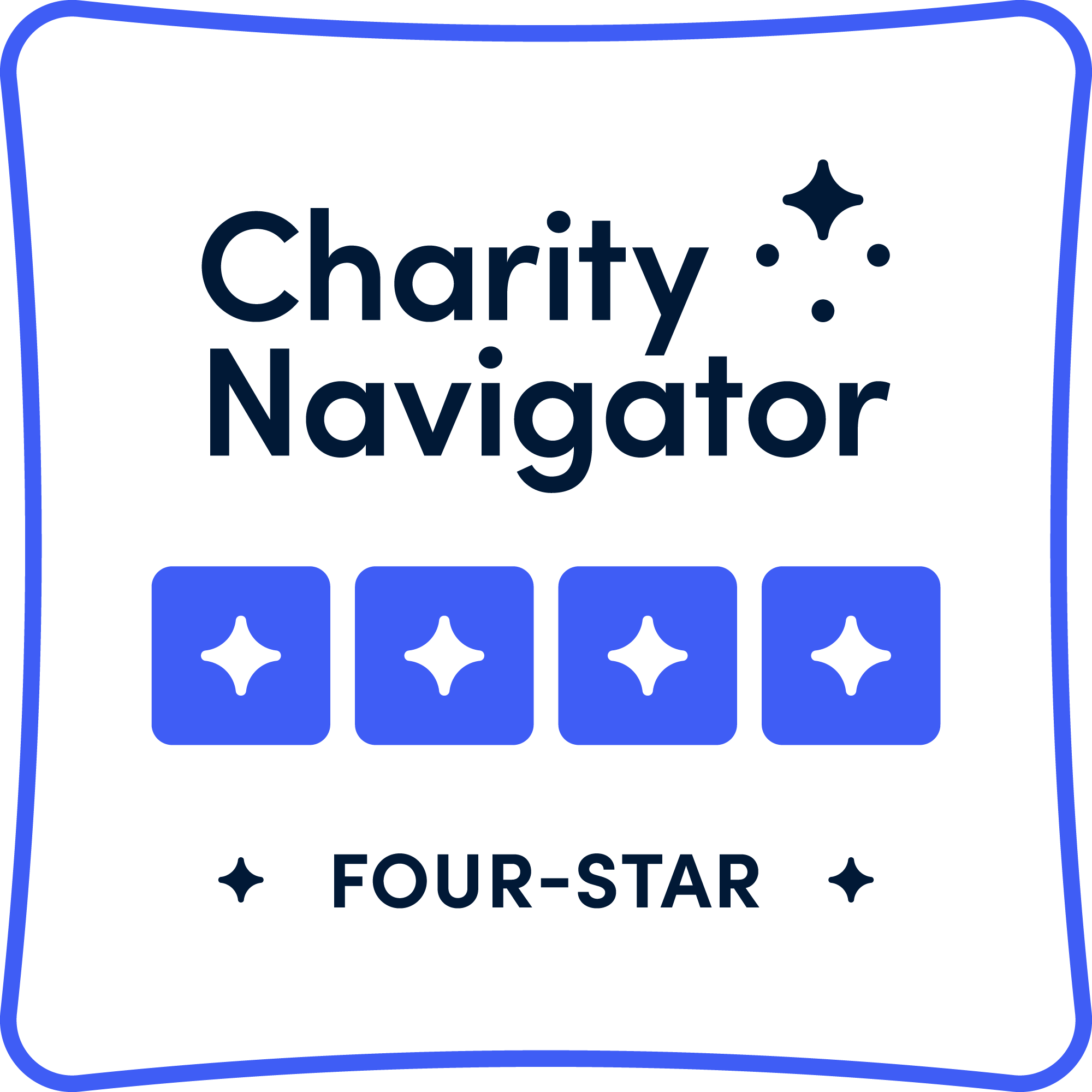Detecting Skin Cancer with Artificial Intelligence and Other Game-Changing Technologies in Cancer

Artificial Intelligence and Cancer
Artificial Intelligence (AI) involves teaching technology to do tasks previously done by humans. It can be an Alexa device telling a joke, Google Home turning the lights on or off, or something more complex like analyzing medical data. Typically, information like X-Rays or CT scans would be read, reviewed, and analyzed by medical teams to identify abnormalities. Today, AI is used to quickly translate an image into data, compare that data against a more extensive set of normal and abnormal images, and produce a quantitative assessment of potential abnormalities. This method not only reduces the chance of human error but speeds up the process tenfold. Fewer errors and quicker diagnoses mean a far better chance of treating cancer in an early stage.
Innovative Cancer Technologies
While the use of AI feels exceptionally futuristic, innovative technology has been emerging from the cancer field for years. In 2017, the U.S. Food and Drug Administration approved a bright pink liquid known as 5-ALA for brain cancer treatment. This drink, often referred to as ‘pink drink,’ is a surgical intervention drug given to brain cancer patients ahead of their surgeries. The pink drink makes brain tumor cells illuminate a hot pink color under fluorescent light when paired with the right technology.
Previous treatment for brain cancer was resection of the tumor. However, physicians alone were historically insufficient or incompletely identified tumor tissue during surgery, which led to recurrence and the abysmal survival rate of 1-2 years on average. Aided by the brilliant pink hues induced by 5-ALA, doctors can now remove and identify significantly more of the tumor.
In 2020, an NFCR funded team of renowned researchers explored how technology could improve treatment outcomes for patients with T-cell non-Hodgkin’s lymphoma. Before this study, professionals agreed that a molecule called fenretinide would, in theory, be able to treat non-Hodgkin’s lymphoma. However, it was seemingly impossible to deliver this molecule to cancer cells because it is poorly soluble in water. The NFCR-funded research team developed a unique delivery system to solve this issue, thus improving outcomes for lymphoma patients.
Accelerating Promising Cancer Research
It is discoveries like these launch medical professionals forward towards finding a cure for cancers. NFCR proudly presents the Salisbury Award Competition, which helps oncology startups accelerate their findings to benefit the cancer community. This program offers a unique opportunity for other promising research deemed high-risk, high-impact ideas, a core value of NFCR’s.
NFCR will host the fourth Salisbury Award Competition later this year, with applications opening in March to academic laboratories advancing promising experimental cancer therapeutic, diagnostic, detection, and vaccine innovations.
Learn more about the Salisbury Award or apply to the program here.
Additional Reads You May Enjoy:
Salisbury Award: Providing Funding Where It’s Needed Most
Thunder God Vine: A Powerful Discovery for Pancreatic Cancer Patients
A world without cancer is possible. Help us turn lab breakthroughs into life-saving realities.

5.7 Million+
Donors who have fueled NFCR’s mission

$420 Million+
Invested in high-impact research & programs

36+ Labs & Hundreds of
Nobel Laureates & Key Scientists received NFCR funding, driving breakthrough research












